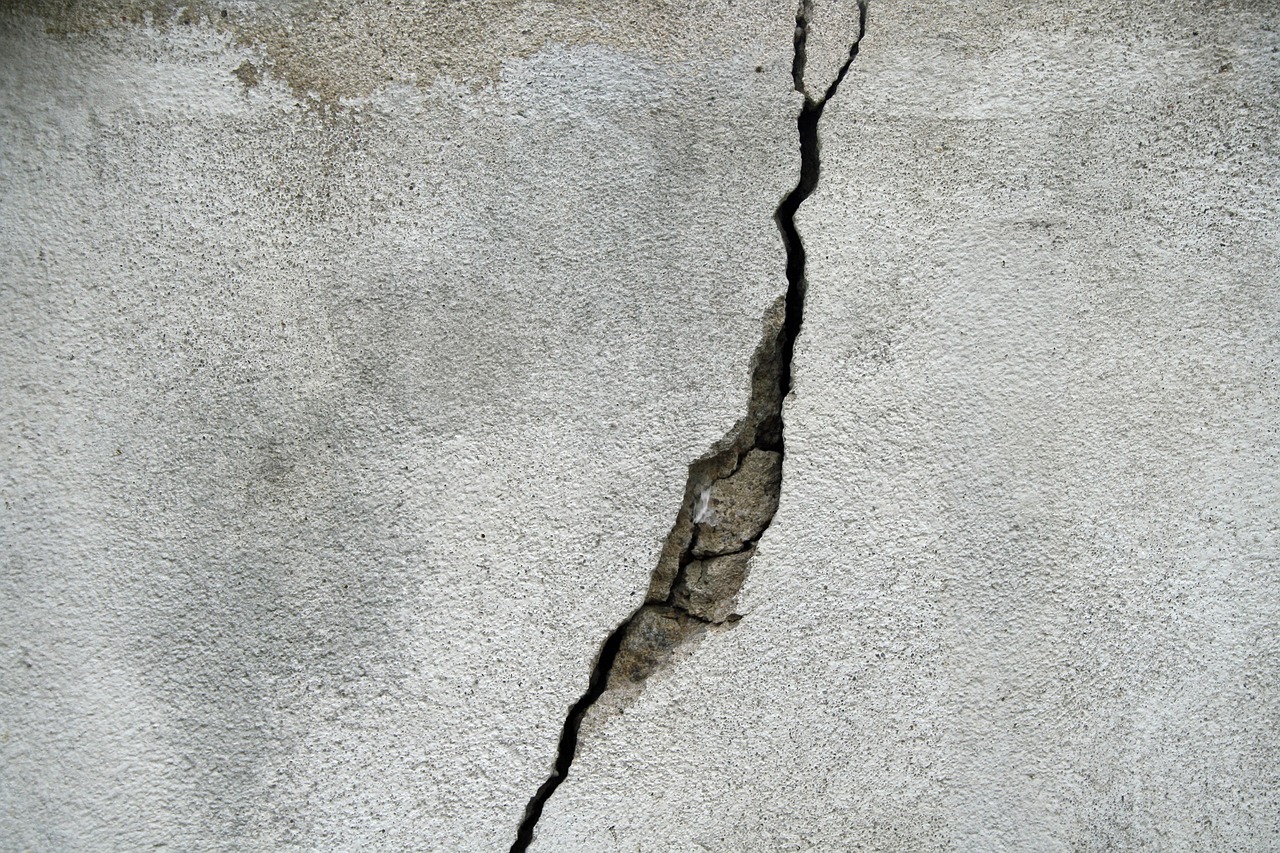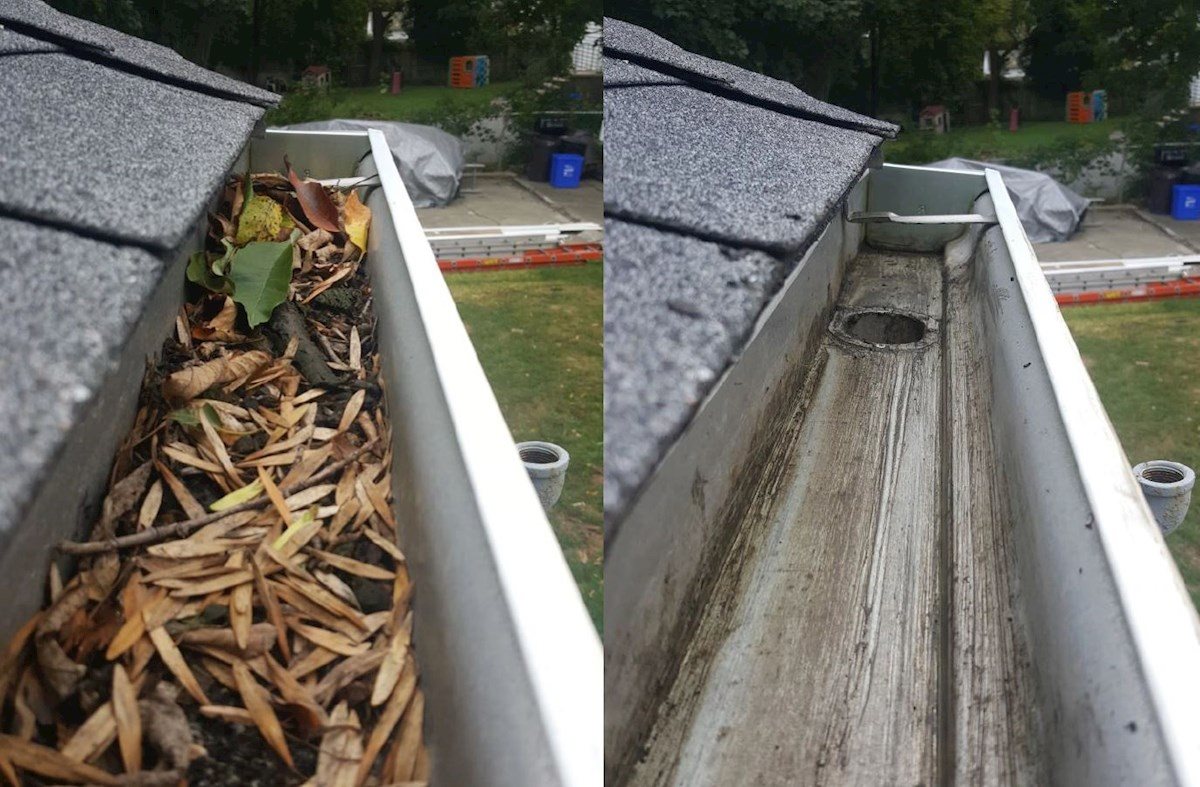Winters can bring harsh cold snaps, icy conditions, and freezing temperatures, making it essential to properly winterize your multifamily property. Doing so not only protects the building from potential damage but also ensures your residents stay safe, warm, and comfortable throughout the season. Taking the necessary precautions now can help safeguard your property and create a secure, welcoming environment for everyone who calls it home. If you’re looking for expert help to winterize your multifamily property, reach out to Peak Renovations today. Let’s discuss your project and provide you with a customized quote to ensure your property is ready for the winter season: cfaber@peakrenovate.com
The most essential winterization tips for multifamily properties are as follows:
Check Your Walls and Windows for Cracks
 Cracks in your walls, windows, or foundation are not something you will want to have in the winter. Even the smallest crack will allow rainwater to seep through and increase the risk of moisture and mold-related damage in your multifamily property units. Furthermore, the cold air from the outside will seep through the cracks and make your central heating work harder, which will increase your power bills.
Cracks in your walls, windows, or foundation are not something you will want to have in the winter. Even the smallest crack will allow rainwater to seep through and increase the risk of moisture and mold-related damage in your multifamily property units. Furthermore, the cold air from the outside will seep through the cracks and make your central heating work harder, which will increase your power bills.
Take the time to inspect the walls, windows, and foundations of your multifamily properties to look for cracks, gaps, or other signs of damage. If you happen to see any damage, do your best to seal up the cracks and gaps to prevent anything from seeping through them. If the damage is too severe, think about replacing the materials if necessary.
Pipe Insulation
Low temperatures can cause water pipes to freeze and potentially even burst. Insulating the exterior walls of your pipes will help prevent them from freezing when the cold temperatures arrive. Not only that, but the insulation will also cover any minor cracks or gaps in the water pipes.
It is crucial that you seal cracks on your pipes to prevent leakage. If water were to leak through your pipes and freeze on the outside of them, it would cause substantial damage to them.
Clean and Inspect Your Heating Units
One of the worst things that can happen is to have problems with your HVAC systems, boilers, or furnaces after the winter cold temperatures have arrived. If your heating units don’t work, then your tenants won’t be able to keep themselves warm when it is freezing outside. That will cause you all kinds of financial and legal troubles.
Take the initiative to inspect and clean your HVAC systems, boilers, and furnaces before winter arrives. That means cleaning and replacing the air filters as needed and verifying that the heating units are functioning as normal. If you see any signs of damage or deterioration on any of their components, replace those damaged components to ensure the heating units stay fully functional for your tenants during the winter.
Clean the Gutters
 The autumn season causes a lot of leaves, sticks, and other debris to fall and accumulate in the gutters of your multifamily properties. It is never good to have clogged gutters because the blockage will prevent rainwater from flowing away from your roof safely. If the rainwater builds on your roof, it will increase the risk of roof damage.
The autumn season causes a lot of leaves, sticks, and other debris to fall and accumulate in the gutters of your multifamily properties. It is never good to have clogged gutters because the blockage will prevent rainwater from flowing away from your roof safely. If the rainwater builds on your roof, it will increase the risk of roof damage.
In the wintertime, clogged gutters are even worse because they cause the rainwater to get trapped in the debris and turn to ice. Then, all the remaining rainwater will fall to the ground close to the foundation of the properties and cause damage and deterioration to it. Foundation damage is permanent and quite costly to repair.
Therefore, make sure you clean the gutters by clearing out all the debris before winter arrives.
Stock Up on Deicing Chemicals
Try to stock up on deicing chemicals because the freezing winter temperatures will likely cause the rainwater to turn to ice on the roads and driveways of your multifamily properties. Deicing chemicals have specific properties that can help turn ice back into water so that the surfaces are no longer slippery for your tenants.
Some examples of deicing chemicals include calcium chloride, sodium chloride, and calcium magnesium. The cheapest of the three is sodium chloride, which is the scientific name for rock salt. It works well on ice if the outside temperatures are higher than 12°F. However, if the temperatures fall below 12°F, the more expensive calcium chloride is effective in temperatures no lower than -20°F.
Replace Your Old Windows with Multi-Pane Windows
The older single-pane windows don’t offer much insulation against the freezing winter temperatures. On the other hand, if you were to replace them with double or triple-pane windows, they would do a much better job of insulating your multifamily property units because the multiple layers of glass would help stop the cold air from getting inside.
Request Professional Assistance
Do you need professional assistance in preparing your multifamily properties for the extreme winter weather?
Peak Renovations specializes in the winterization of multifamily properties. The company has a team of winterization experts with the proper skills, tools, and equipment to fully winterize any property. Please get in touch with Peak Renovations for further information or to schedule an appointment today: cfaber@peakrenovate.com
